What Disease Can Be Transmitted Through Blood
What disease can be transmitted through blood. Sexually transmitted diseases STDs can be transmitted this way. SARS-CoV-2 is a novel virus which means that humans do not have a natural. The most important blood borne viruses for human health are the human immunodeficiency virus HIV Hepatitis.
Transmitted via blood as a bloodborne pathogen like HIV or hepatitis C. Brucellosis is a disease caused by bacteria from the Brucella species which is transmitted to humans from contact with infected animals such as sheep cattle and dogs. There are many different bloodborne pathogens including malaria syphilis and brucellosis and most notably Hepatitis B HBV Hepatitis C.
A transfusion transmitted infection TTI is a virus parasite or other potential pathogen that can be transmitted in donated blood through a transfusion to a recipient. Some STIs can also be spread through non-sexual means such as via blood or blood products as well as from mother to child during pregnancy and childbirth. Although primarily transmitted through person-to-person sexual contact syphilis may be transmitted by the transfusion of blood and blood components donated by asymptomatic donors harbouring the infection.
They can also be transmitted from mother to child before during or even after birth. Scientists have warned that variant Creutzfeldt-Jakob disease vCJD the human form of bovine spongiform encephalopathy BSE could be transmitted through whole blood transfusions by donors who have no symptoms of the disease. Hepatitis C spreads through direct blood-to-blood contact with a person infected with HCV.
It also suggests that the biter be tested for Hep C since it is more likely that the aggressor will get this typically blood-borne pathogen from drawing blood. For example emergency services workers could get HCV if exposed to an infected persons blood through a needlestick injury. Common symptoms of STIs include vaginal discharge urethral discharge or burning in men genital ulcers and abdominal pain.
Toxoplasma gondii is not transmitted by an insect vector. Common bloodborne diseases include hepatitis B hepatitis C and human immunodeficiency virus HIV. Syphilis is spread from person to person through direct contact with a syphilis sore during vaginal anal or oral sex.
Dengue fever DF - is caused by any one of four related viruses and is. Examples of diseases spread through blood or other body fluids.
Common bloodborne diseases include hepatitis B hepatitis C and human immunodeficiency virus HIV.
There are also oral tests that use saliva samples to test for the virus that causes AIDS. Bloodborne pathogens are microorganisms such as viruses or bacteria that are carried in blood and can cause disease in people. Pregnant women can also transmit infectious diseases to their unborn children via. Toxoplasma gondii is not transmitted by an insect vector. Syphilis is spread from person to person through direct contact with a syphilis sore during vaginal anal or oral sex. This virus attacks the liver. Although primarily transmitted through person-to-person sexual contact syphilis may be transmitted by the transfusion of blood and blood components donated by asymptomatic donors harbouring the infection. There are also oral tests that use saliva samples to test for the virus that causes AIDS. Prior to the initiation of blood screening in July 1992 hepatitis C.
Prior to the initiation of blood screening in July 1992 hepatitis C. In nature many bloodborne parasites are spread by insects vectors so they are also referred to as vector-borne diseases. The most important blood borne viruses for human health are the human immunodeficiency virus HIV Hepatitis. The warning follows new research with animals showing that BSE can be passed from a diseased sheep to a healthy animal. HIV is a sexually transmitted disease. This virus attacks the liver. Prior to the initiation of blood screening in July 1992 hepatitis C.
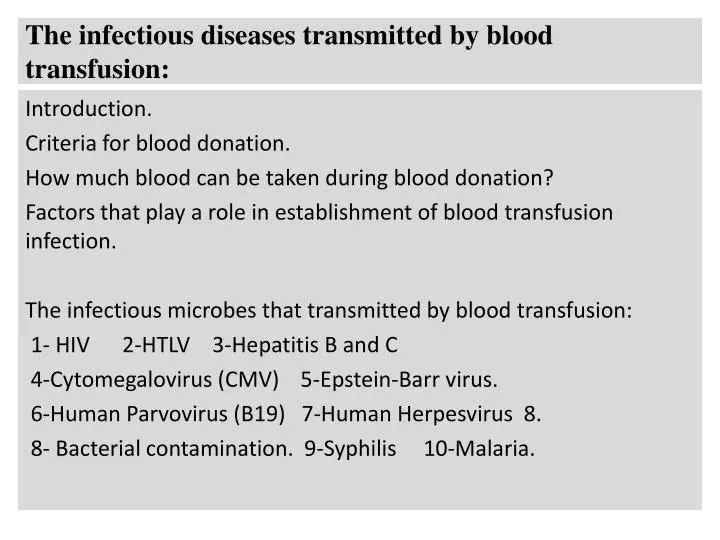

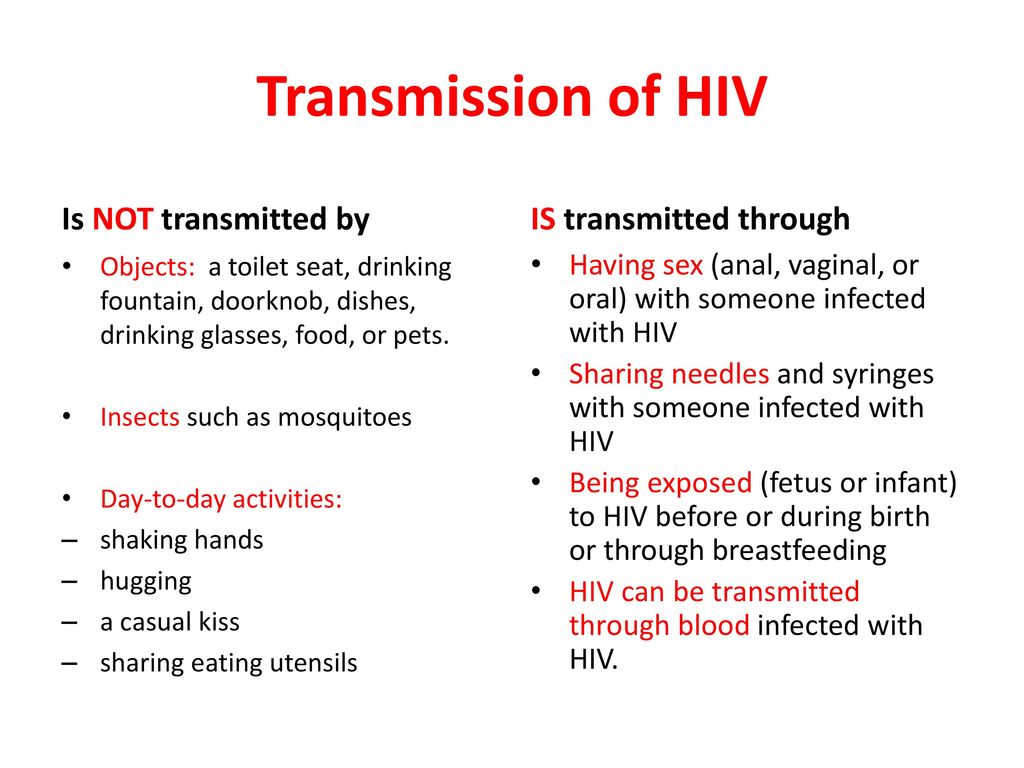






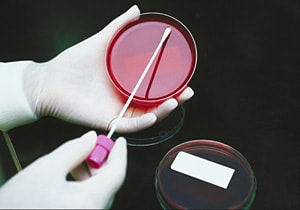
/human-blood-transfusion-in-boston-10088782-578416a65f9b5831b5033593.jpg)





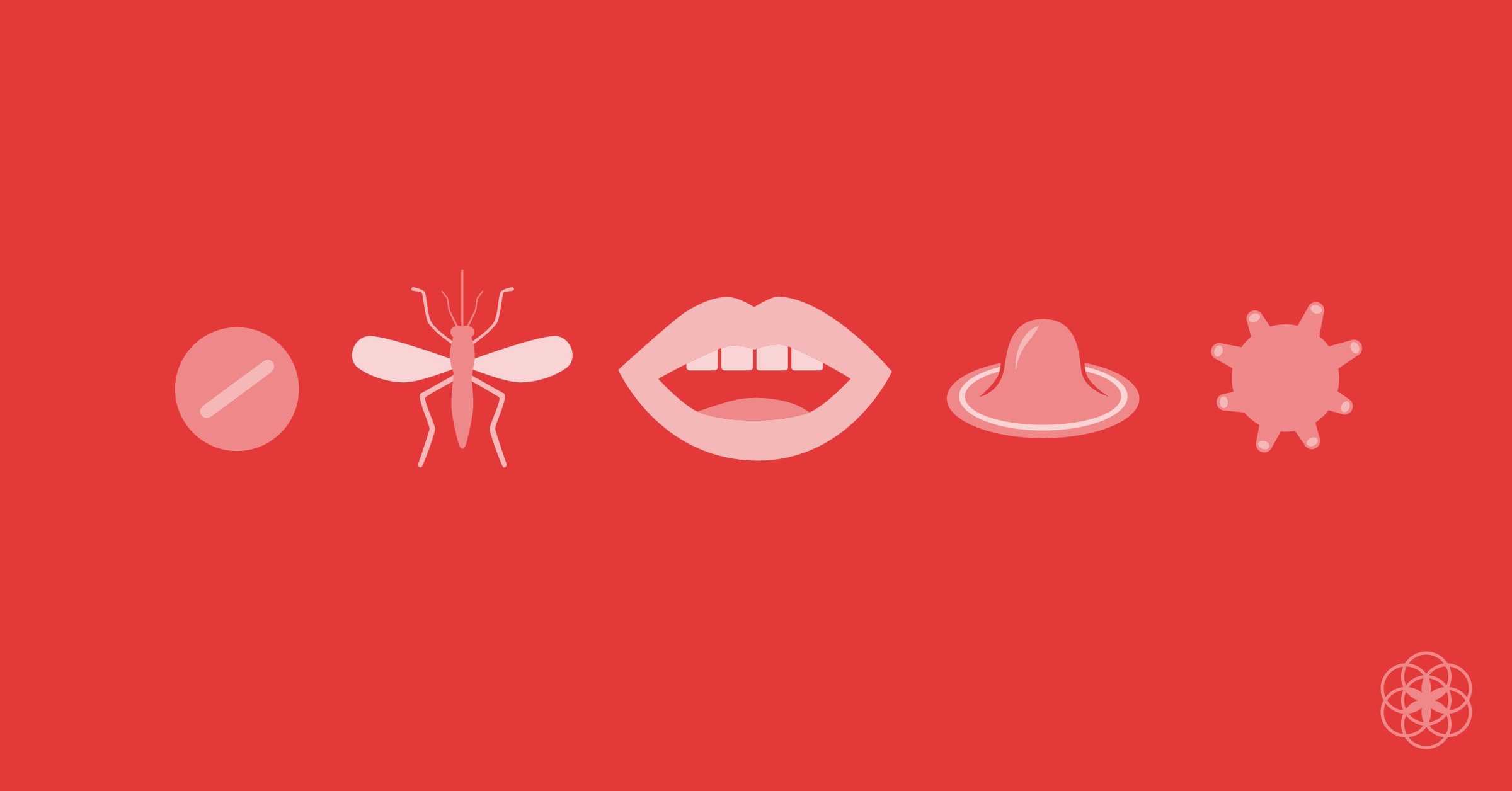

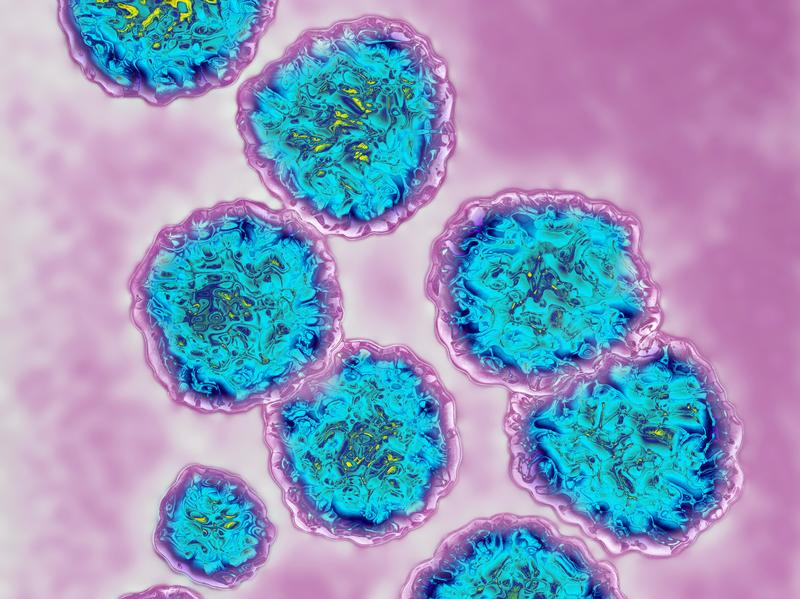
.tmb-479v.png?sfvrsn=e0b98a56_2)
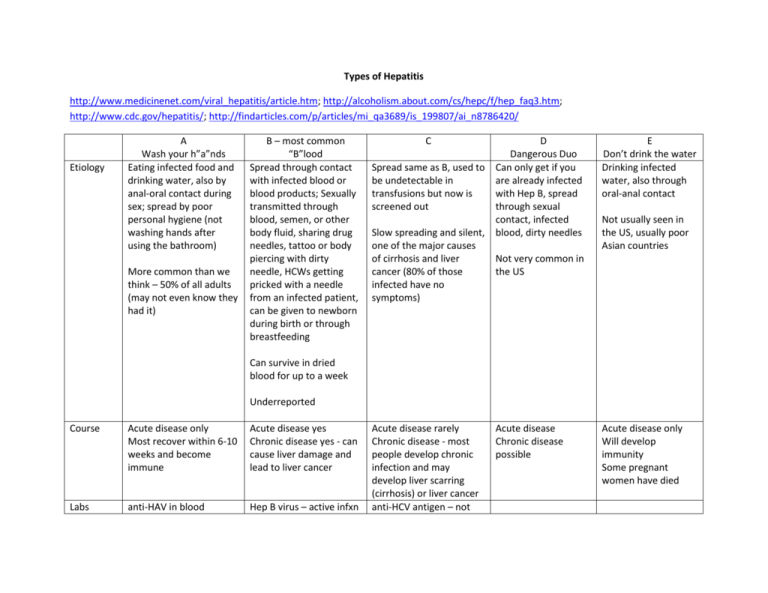

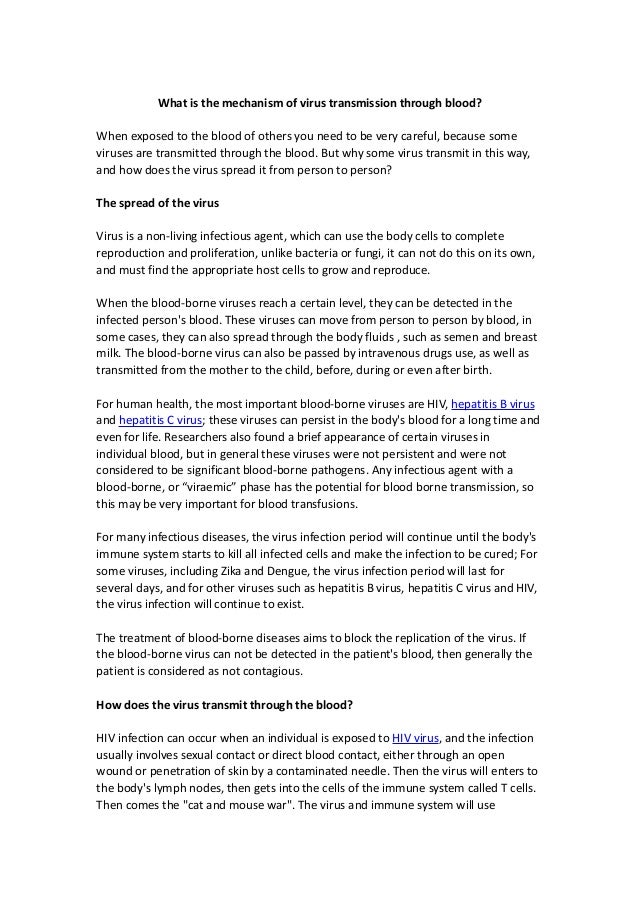

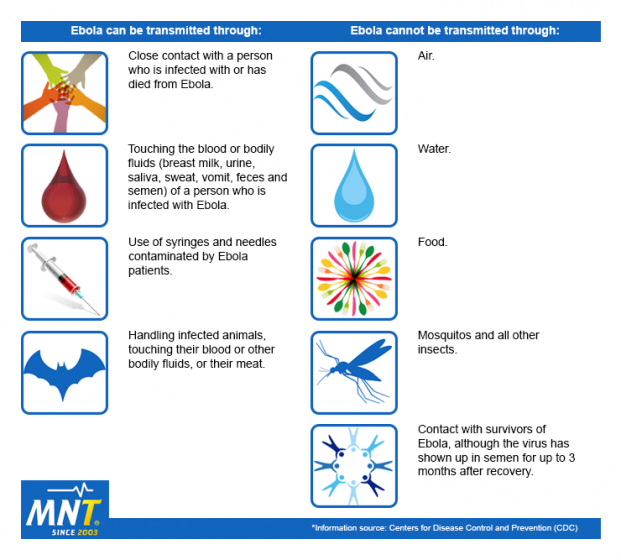
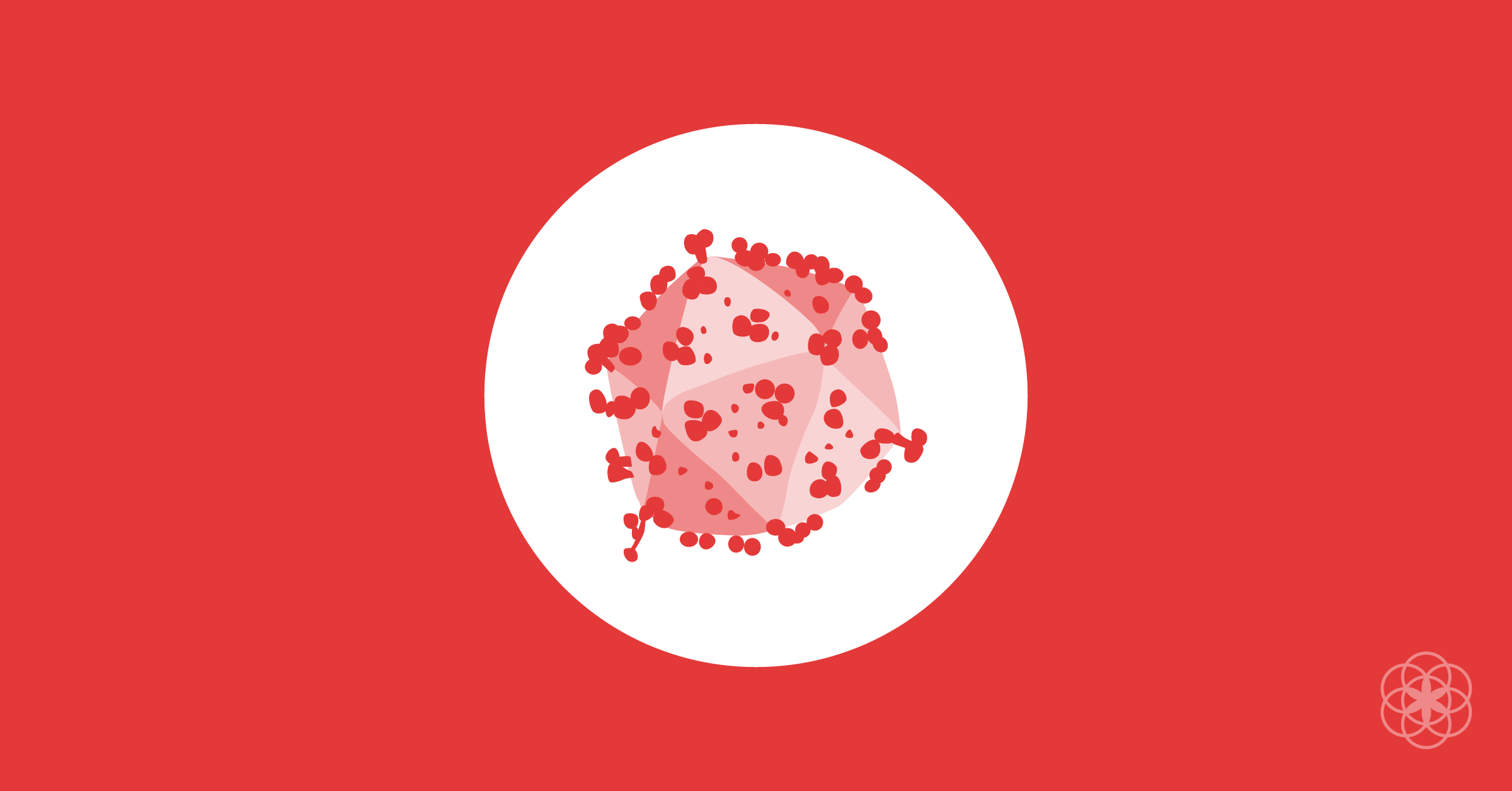





/blood-donation-clinic-548001551-58aca5ca5f9b58a3c9559a9b.jpg)

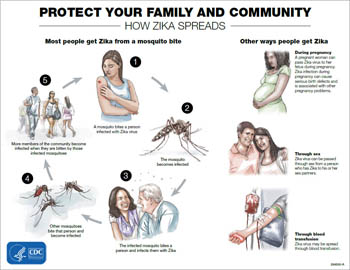


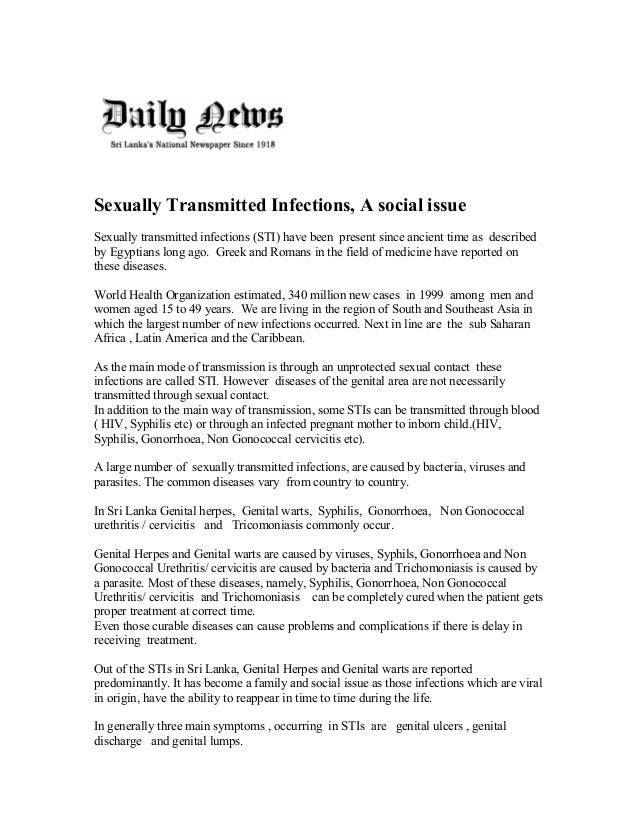


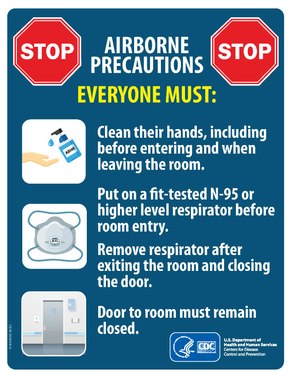

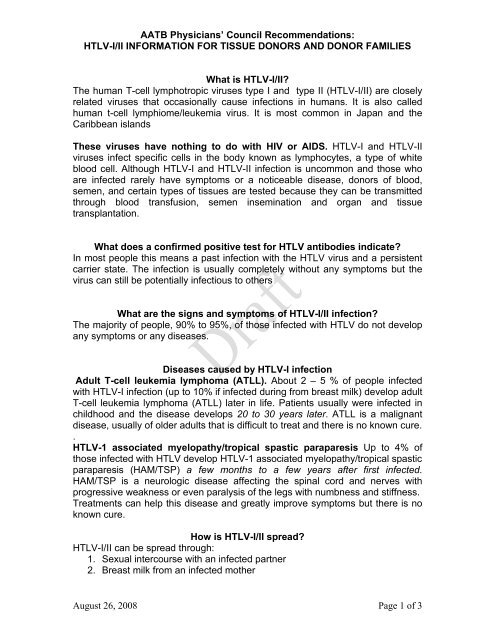
Post a Comment for "What Disease Can Be Transmitted Through Blood"